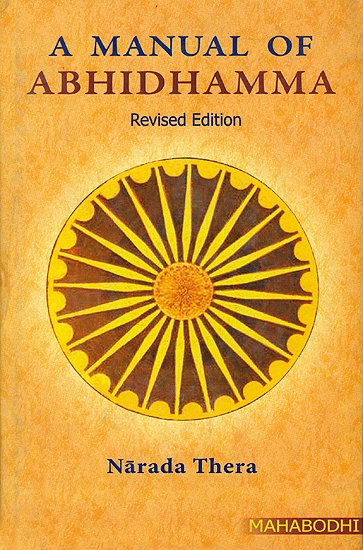Abhidhamma in Daily Life (by Ashin Janakabhivamsa)
by Ashin Janakabhivamsa | 66,666 words
English translation of "Abhidhamma in Daily Life" by Professor Ko Lay. Revised by Sayadaw U Silananda, International Theravada Buddhist Missionary University, Yangon, 1999...
Conclusion
Here end the chapter on kusala cetasikas, good or wholesome mental factors which influence our mind. Akusala cetasikas, bad or unwholesome mental factors which contaminate our minds had been covered in Chapter Two. Now you should consider deeply which type of cetasikas, good or evil, occurs most in our minds.
We have known that good mental factors (cetasikas) have their counterparts such as unreal faith, unreal mindfulness, unreal shame, unreal fear and so on. But in the case of unwholesome mental factors you will notice that there are no good counterparts at all. Therefore you can now realize the evil outnumbers the good, and our mind are mostly influenced by unwholesome mental factors. Even when good, wholesome mental factors occur they are tainted with evil version.
Now you know that unwholesome thoughts, unwholesome mental factors and evil deeds are the cause of long duration of samsara (the cycle of births and deaths). As a human being endowed with intelligence and wisdom, if you continue to allow evil of misdeeds outnumber good deeds you will not achieve Nibbána, the supreme bliss, no matter how often you pray for it.
I would therefore exhort everyone to become a member of the community of really good noble persons, with self-respect rather than that of hypocrites pretending to be good persons.
As for me, I wish to be able to nurture a noble, flawless and pure mind in all future existences; and to be free from pariyaya, maya and satheyya. May my associates, friends and acquaintances walk on this path of righteousness and become truly virtuous personages.
===[Here Ends The Chapter On Ksala Cetasikas Which Have Good Influence On The Mind]===
